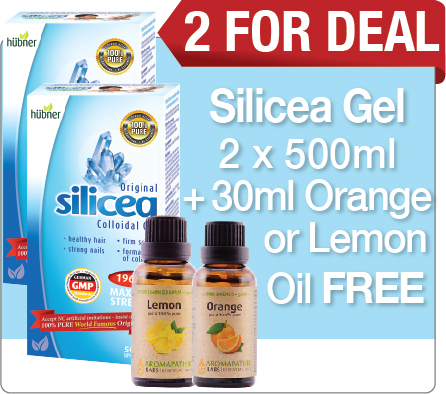Stroke
Updated Oct. 13th, 2017
A stroke is a sudden loss of brain function due to a blocked or ruptured artery supplying oxygen rich blood to the brain. Without blood, brain tissue is not receiving the vital nutrients it needs, and within minutes these cells start to die. There are two types of Stroke – hemorrhagic and ischemic. Ischemic strokes occur more frequently than hemorrhagic.
Ischemic stroke is a lack of blood flow due to a blood clot or other particle. Atherosclerosis, a plaque build-up on the vessel wall, is commonly the cause. High blood pressure, high LDL cholesterol, triglycerides and heart disease all increase your risk of atherosclerosis Hemorrhagic occurs when a blood vessel in your brain leaks or ruptures. High blood pressure (hypertension) or weak areas in the blood vessels (called an aneurysm) are both causes of hemorrhagic stroke. Obesity and Diabetes are also both major risk factors for stroke, as they are commonly associated with high blood pressure and atherosclerosis. They can also interfere with the body’s ability to break down clots. Women on estrogen therapy, such as those on birth control or taking hormone replacement therapy are also at higher risk for stroke. Smoking increases risk for plaques in the arteries. Stress can also have significant negative impact on blood pressure and cholesterol, again increasing risk of atherosclerosis and stroke. If you have a family history of stroke or TIA, or have had a past stroke or TIA, your risk is also increased.
The area of the brain these compromised vessels are feeding determines the symptoms and impairments that the stroke causes. Blockage or rupture of a major artery, creates widespread vessel involvement and can therefore cause significant impairment. A block or rupture to a small vessel may cause only temporary deficits, as our brain is capable of “rewiring” around these smaller compromised vessels, to a certain extent.
The signs of symptoms of stroke are very important to be aware of, as early detection and prevention are critical. Here are some common signs and symptoms:
- Confusion and Memory loss
- Problems with spatial orientation or perception
- Sudden dizziness and loss of balance and coordination
- Difficulty speaking, seeing clearly or understanding speech.
- Sudden massive headache, which may be accompanied by a stiff neck, facial pain, and pain around the eyes.
- Sudden numbness, weakness, or paralysis of your face, arm, leg – often occurs on only one side of the body.
- Personality changes.
It is also important to be aware of mini-strokes, called transient ischemic attacks (TIA’s). A TIA is a temporary interruption in blood flow to the brain. It may cause no symptoms or the same symptoms as a stroke, although the symptoms usually last only a few minutes to hours and then disappear. Many individuals will have one or more TIA’s leading up to a major stroke.
There are a variety of simple and easy to introduce lifestyle changes that can help to prevent both atherosclerosis and stroke. Increasing the fibre in your diet by increasing fruit and vegetable consumption, as well as whole grains can decrease cholesterol and triglyceride levels and regulate blood sugar. Bright coloured fruits and vegetables are also high in antioxidants, meaning they combat free radical damage. Free radicals play a role in both atherosclerosis and heart disease. Cold water fish or fish oils high in omega 3 fatty acids also help to reduce LDL cholesterol (while maintaining or increasing the “good” HDL cholesterol in our bodies). Make sure to choose wild, not farmed, fish if you are consuming 2 or more servings/week. Garlic has cholesterol lowering, anti-coagulant and antioxidant properties. Try incorporating as much garlic in to your diet as you can. Nuts, such as almonds and walnuts may be higher in fat, but they actually help to decrease cholesterol levels. One to three cups of green tea day can help to prevent free radical damage and has been shown to have both blood pressure and cholesterol lowering effects. Increase consumption of foods such as bananas, oranges, artichokes, avocadoes and spinach, as they are all high in potassium. potassium deficiencies have been associated with increased risk of stroke.























Good summary of supplements to take and their use.
Hi Bea,
We are glad you enjoyed the article! Here's another one on heart health you might also enjoy,
https://www.nationalnutrition.ca/articles/health-concerns/heart-health/
Thanks for your comment and reach out if you have any further questions. Have a health day!
This was a good article about stroke. I am a recent hemorrhagic stroke survivor at 53 years old with no known cause. I am always looking for ways I can improve my health in every aspect, and hope to never go through this again. I have many deficits but hard work is helping me to heal! I think it is important to note which supplements you can/cannot take after a hemorrhagic stroke as well, I cannot take anything that thins the blood. I am leery about taking things like garlic extract to reduce blood clotting, but the others sound beneficial. I will check into that! Thank you